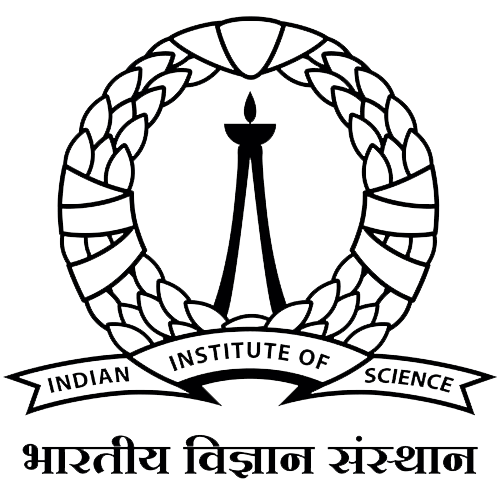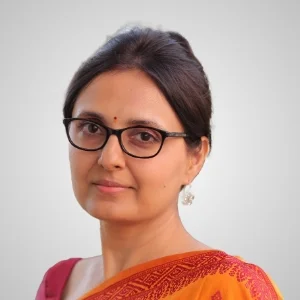Data Driven Development
“Accurate data is the lifeblood of good policies and decision making”
As nations and organisations strive to solve social problems around the world, the lack of accurate data has often been cited as a primary reason why policies do not translate into effective on-ground solutions. The reality in urban informal settlements is no different. They manifest multidimensional deprivation, characterised by a lack of secure tenure, inaccessibility, and inadequate sanitation and health services which marginalises the slum dwellers. Governments and NGOs also find it extremely difficult to effectively target vulnerable communities due to the lack of reliable data. Data on slum settlements is crucial for the inclusion of these underserved communities in city level development plans.
Realising the dire need for safe and hygienic sanitation facilities and practices, Pratima started leveraging data and technology since the late 90s when she realised that data with the Urban Local Bodies was inconclusive and disjointed with the on-ground reality. This propelled the need for a data system that would provide unfailing results. A year of continuous efforts and iterations resulted in a well-tailored Geographical Information System (GIS). It catered to the needs of slum mapping, and spatial layout formation. It also helped to link the socio-economic surveys taken to individual dwellings/house structures that were mapped on GIS. Our granular spatial data harnesses the power of geo-visualisation for effective planning and monitoring of our Sanitation, Housing and Covid-relief projects.
The communities form the backbone of Shelter Associates’ data-driven approach, as they are involved in conducting survey, creating awareness and making sure the data sets are inclusive. This spatial data is then shared with the respective Urban Local Bodies for validation. Once the process is complete, the data is made public on our website while it is also linked to the ULB’s website making it freely available for all to use.
The co-created data helps immensely in bridging the information gap. SA gives slum-dwellers a voice by arming them with data about their community, empowering them to make decisions making them partners in the developmental process.











































































